In a message for the 15th anniversary of Kingdom Hearts: Birth by Sleep, Kingdom Hearts series director Tetsuya Nomura discussed the importance of crossroads throughout the games. Nomura said, “crossroads act as a point of divergence” and that the motif was “inspired by the well-known crossroads myth from American folklore.”
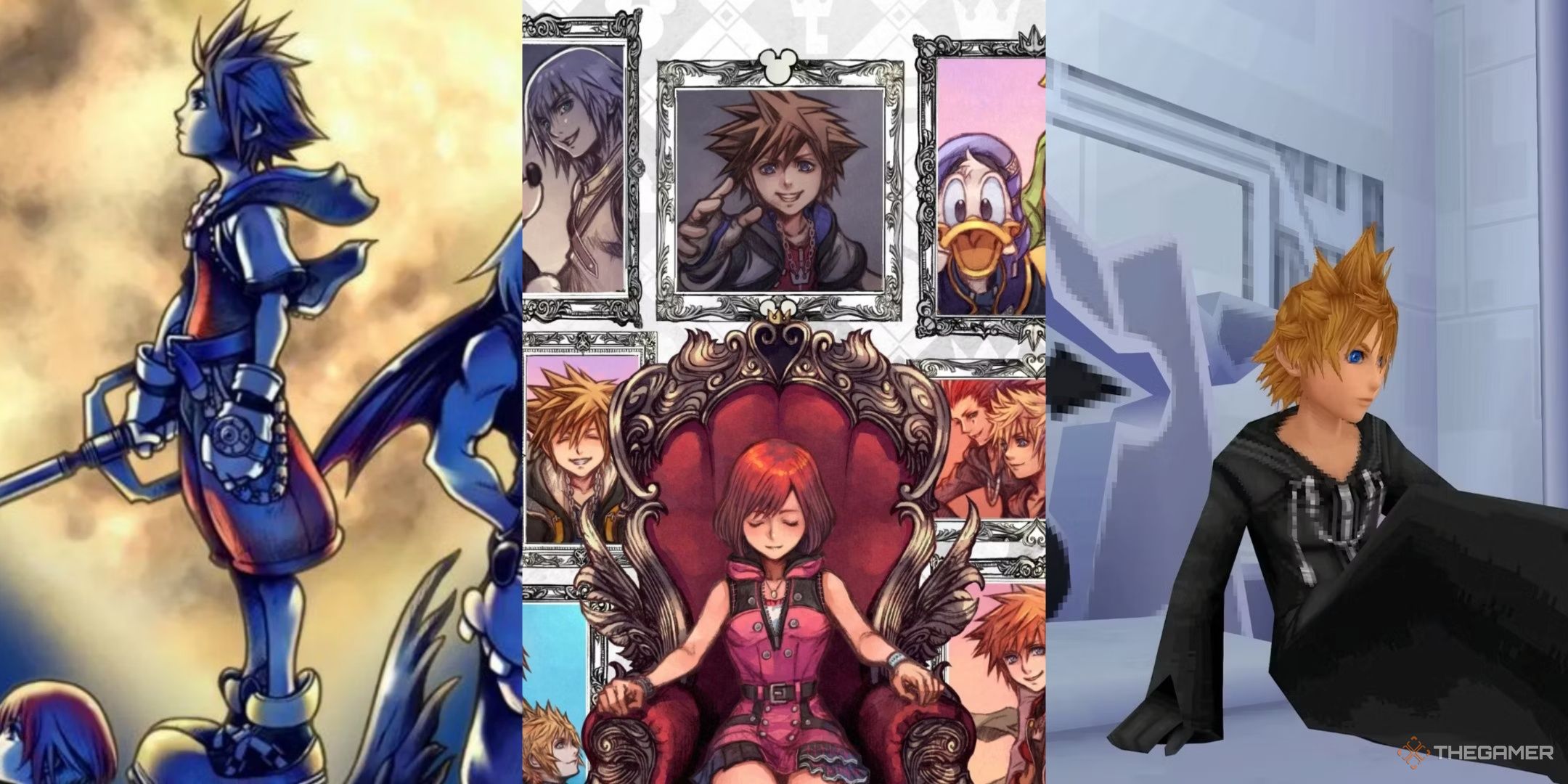
Related
Kingdom Hearts: Every Version Of Dearly Beloved, Ranked
Every version of Dearly Beloved is beloved dearly, but which Dearly Beloved do you love most dearly?
There’s a number of significant instances of crossroads throughout the series, typically where characters have to make a choice to lose something to gain something else. Nomura also hinted that this motif will play a role in the next saga, so what can the previous instances of crossroads tell us about what might happen next?
The Origin Of The Crossroads Myth
In Nomura’s message, he said that he was inspired by a myth from American folklore to use crossroads in the Kingdom Hearts series. He describes the crossroads myth as below:
A young man makes a deal with the devil at a crossroads, trading his soul for the ability to play guitar.
The mention of a guitar immediately made lots of fans think of Demyx, whose signature weapon is a Sitar, a type of musical instrument. Currently, it’s unclear whether the connection goes any further than this.
The myth itself is based on the American blues musician Robert Johnson, who was said to have made a deal with the devil as a crossroads because he wanted success with his music.
According to the legend, the devil took Johnson’s guitar and tuned it. When the devil gave it back to Johnson, he also received mastery over music in exchange for his soul.
The act of losing something in exchange for gaining something else is closely tied to the theme of crossroads, and in Nomura’s message, he says that all crossroads in Kingdom Hearts have this same significance.
Important Crossroads In The Games
Chain Of Memories’ Crossroads
As Nomura notes in his message, Kingdom Hearts: Chain of Memories has the first instance of a crossroads, both literally and metaphorically.
When Sora enters Castle Oblivion in CoM, he’s told that, in this place, “to lose is to find, and to find is to lose”, which sets up the theme of crossroads and exchanges. By going deeper into Castle Oblivion, Sora gains ‘new’ memories manipulated by Namine, but loses his original ones.
At the end of CoM, Sora has to make the choice between keeping the memories he’s gained of Namine and never getting back his old ones, or discarding the new memories in exchange for the ones he lost. The ending is a metaphorical crossroads.
In the Reverse/Rebirth side of CoM, which follows Riku’s journey through Castle Oblivion, Riku also reaches a crossroads, both literally and metaphorically.
Similar to Sora’s situation, Namine gives Riku the option to sleep and forget his darkness, so he can go back to the way he was before being manipulated by Maleficent and possessed by Ansem. Instead, Riku chooses to face his darkness.
After leaving Castle Oblivion, Riku meets Diz at a fork in the path – a literal crossroads. Rather than taking the light road or the dark road, he takes the road to dawn.
Birth By Sleep’s Crossroads
In the message, Nomura said that Birth by Sleep is the “greatest example” of losing something to gain something, as it applies to all three of its protagonists.
- Terra allows darkness into his heart to gain power to defeat Xehanort, but this leaves him vulnerable and Xehanort uses him as a vessel.
-
Aqua, tragically, has two instances of losing something to gain something.
- Aqua destroys the X-Blade and the Unversed, but this action also destroys Ven’s heart.
- When Terra falls into darkness, Aqua discards her own Keyblade Armor to save him, leaving her trapped in the Realm of Darkness in exchange.
- Ventus’ heart is saved by entering Sora’s heart, but it leaves Ventus in an unwakeable sleep for many years.
The story’s climax also happens at the Keyblade Graveyard, where a giant X shape is formed with abandoned Keyblades, creating a literal crossroad.
Kingdom Hearts 3
The Keyblade Graveyard crossroads are important once again in Kingdom Hearts 3. The Guardians of Light face Xehanort and the real Organization 13 at the Keyblade Graveyard, and it’s also seen in the epilogue.
In the epilogue, Luxu (Braig/Xigbar) summons the Lost Masters to the Keyblade Graveyard, but Ava is notably missing. Luxu also brings the Black Box with him and gets the Gazing Eye Keyblade back.
Nomura hints in the message that something is gained and lost here.
But wait… when the Lost Masters gather at the crossroads in KH3, what is gained and what is lost?
As Ava is missing, she is likely what is lost. Going by this scene alone, Luxu gaining the Gazing Eye could be related to this, but there isn’t a lot more to go on.
Crossroads In Kingdom Hearts 4
In Kingdom Hearts 3’s secret ending, Sora and Riku are in a version of Shibuya, which we now know is Quadratum, thanks to Melody of Memory. Specifically, they’re in a famous part of Shibuya – the Scramble Crossing.
With Nomura’s message focusing on crossroads and hinting at the story beyond KH3, as well as the secret ending, it’s very likely that crossroads will also be significant in Kingdom Hearts 4. What Sora will gain, and what he will lose, is yet to be revealed.
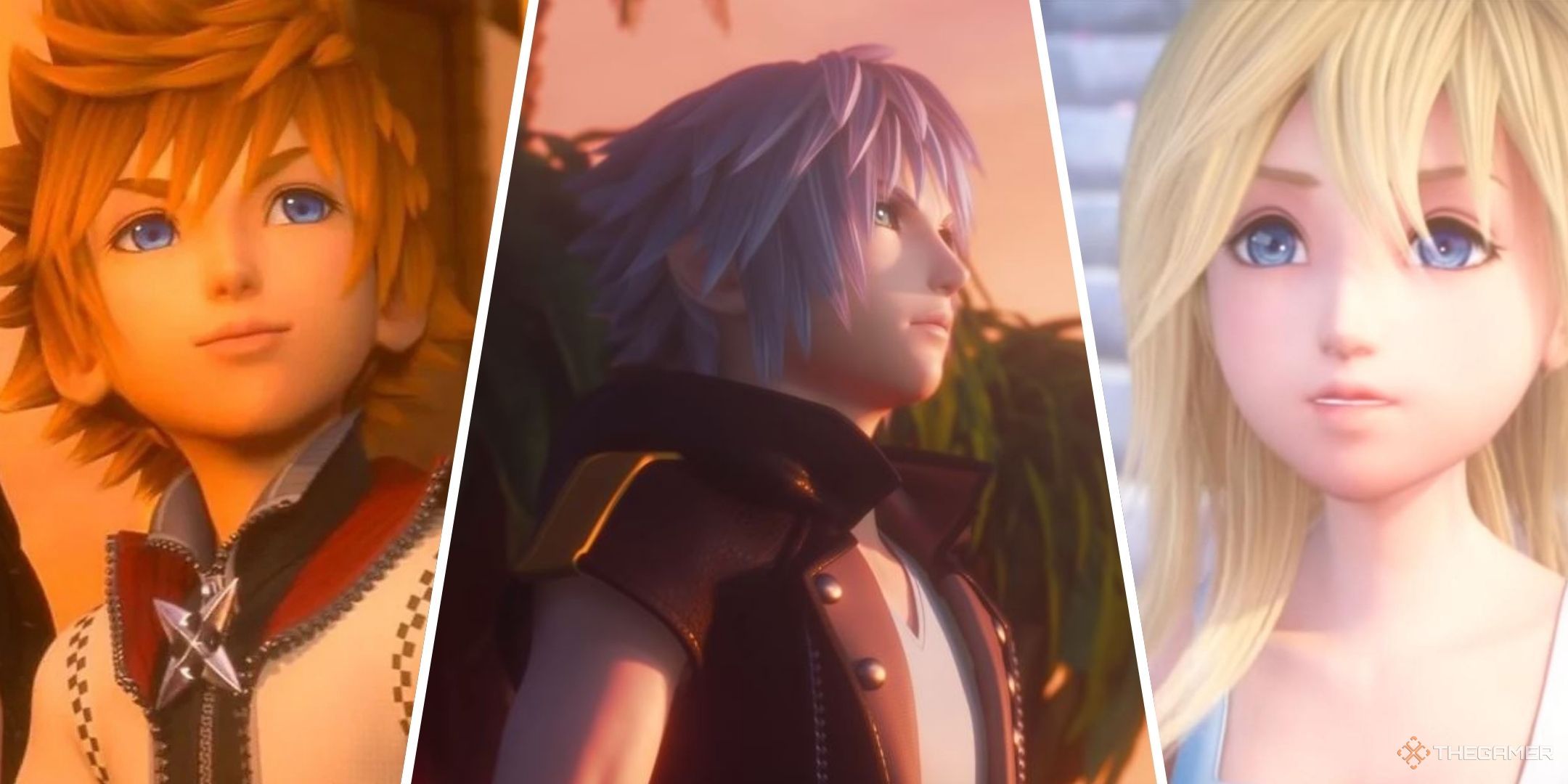
Next
Kingdom Hearts: 10 Characters Who Change The Most Throughout The Series
These Kingdom Hearts characters have had the best arcs across the series.
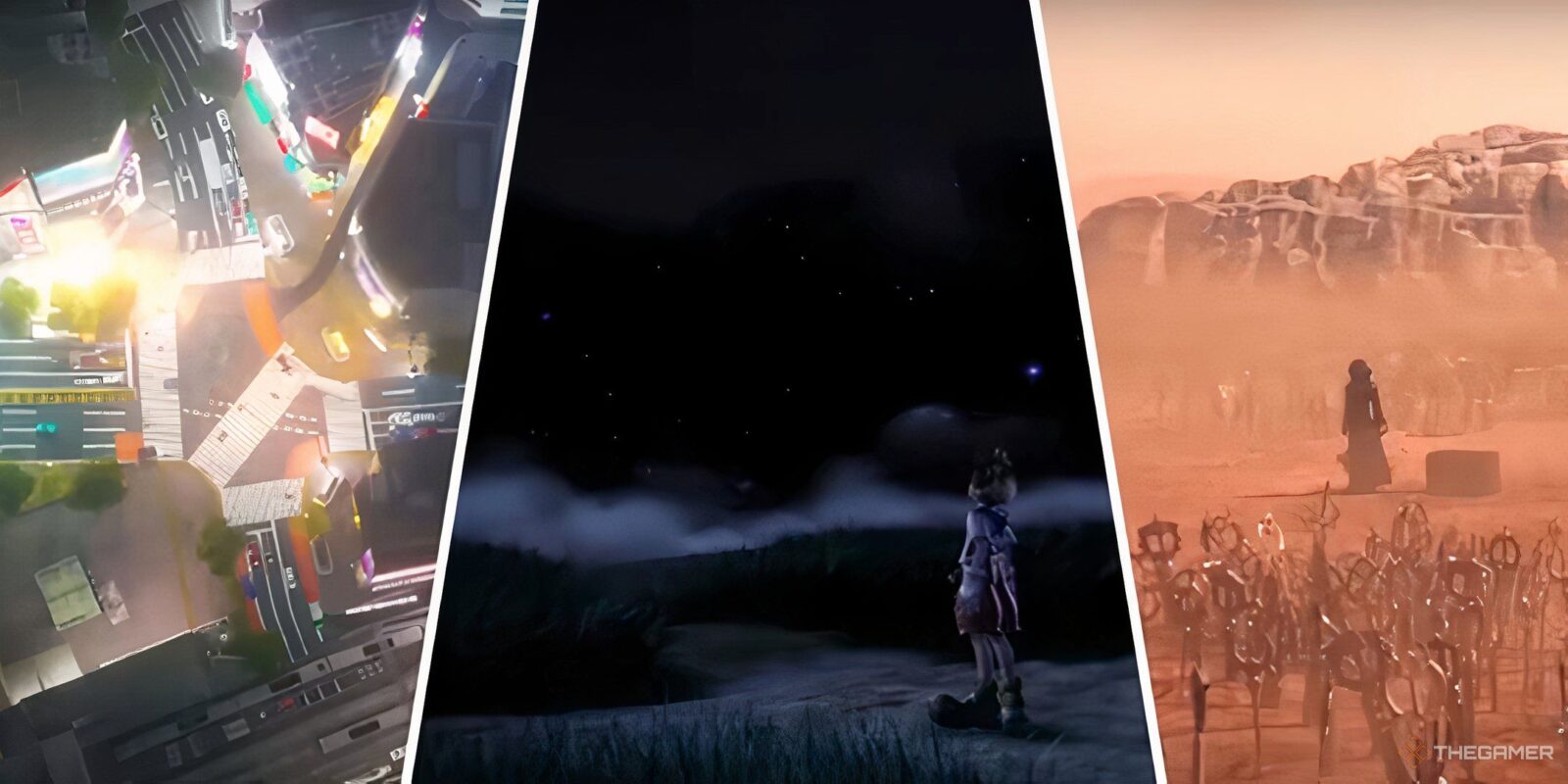
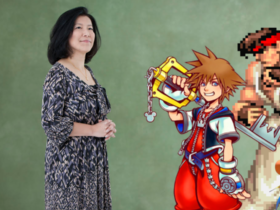
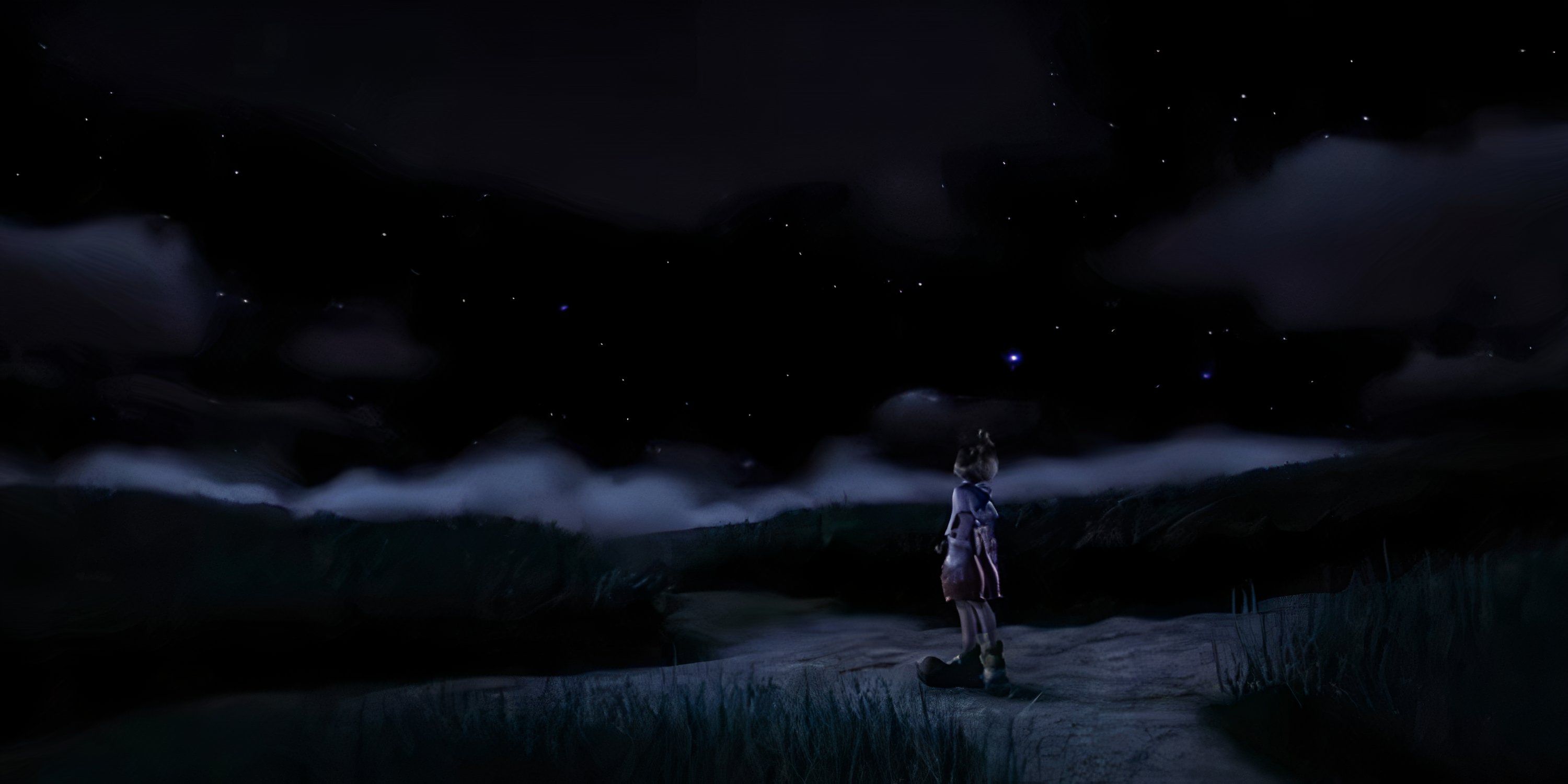
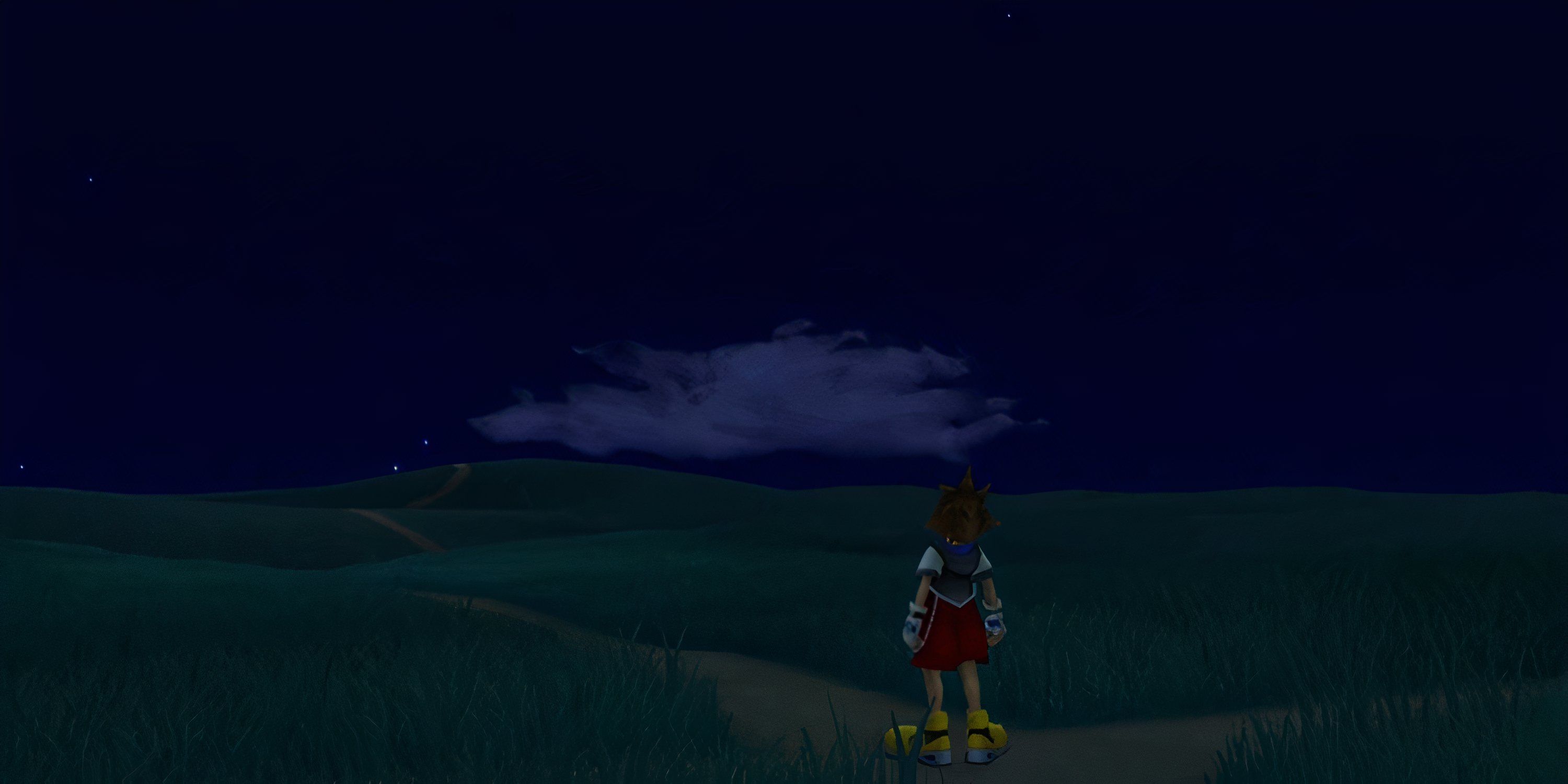
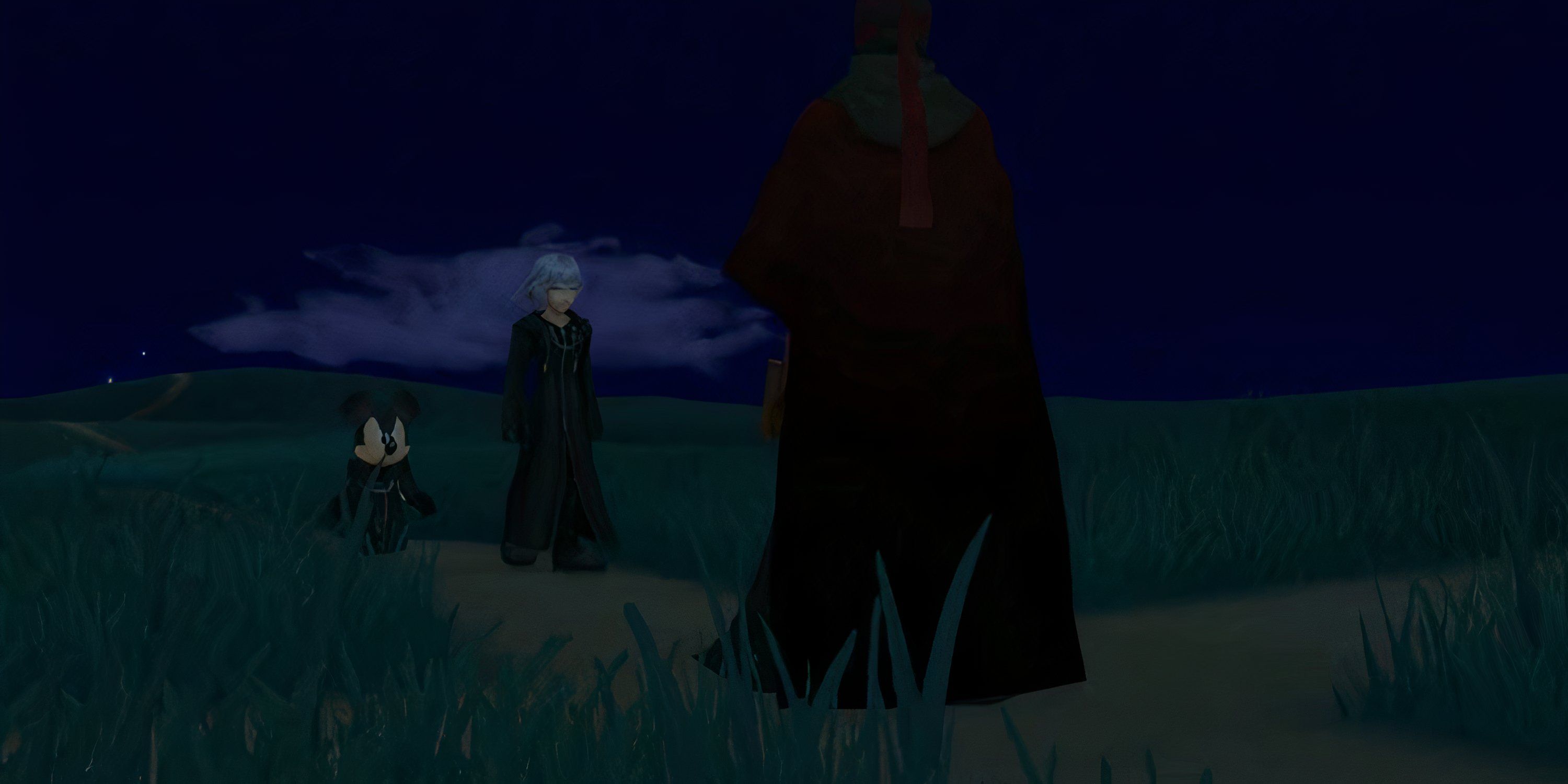
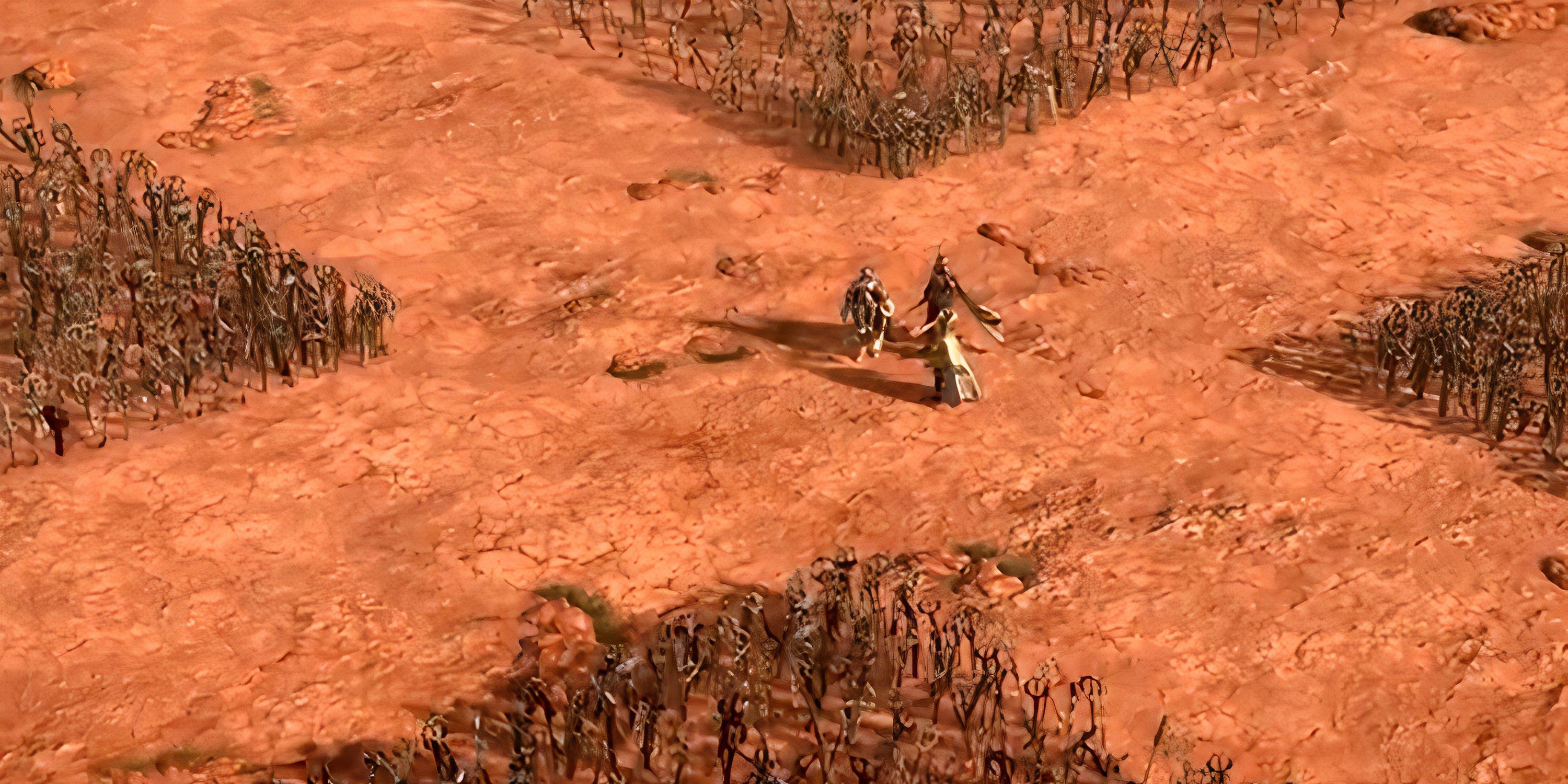
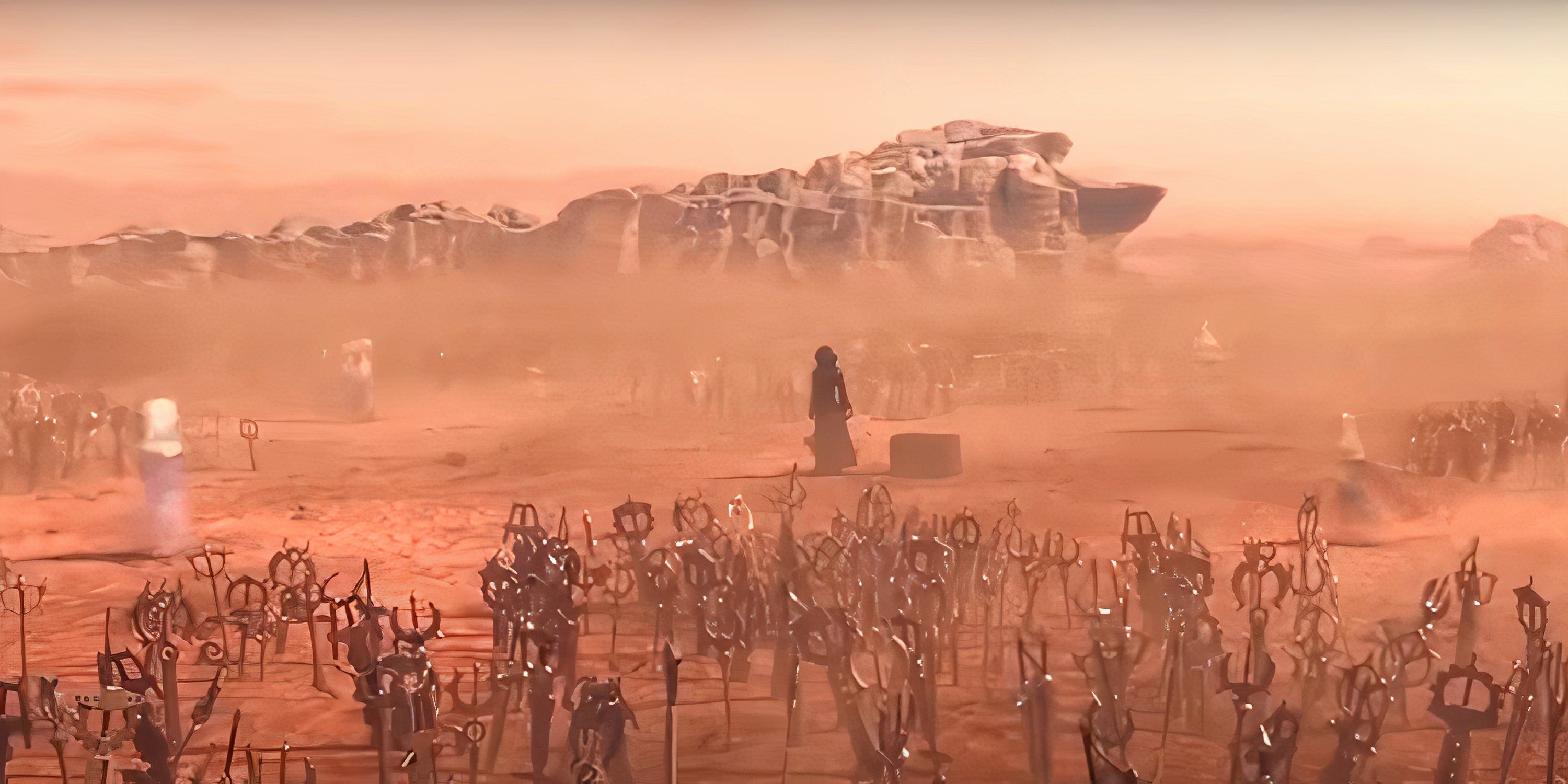
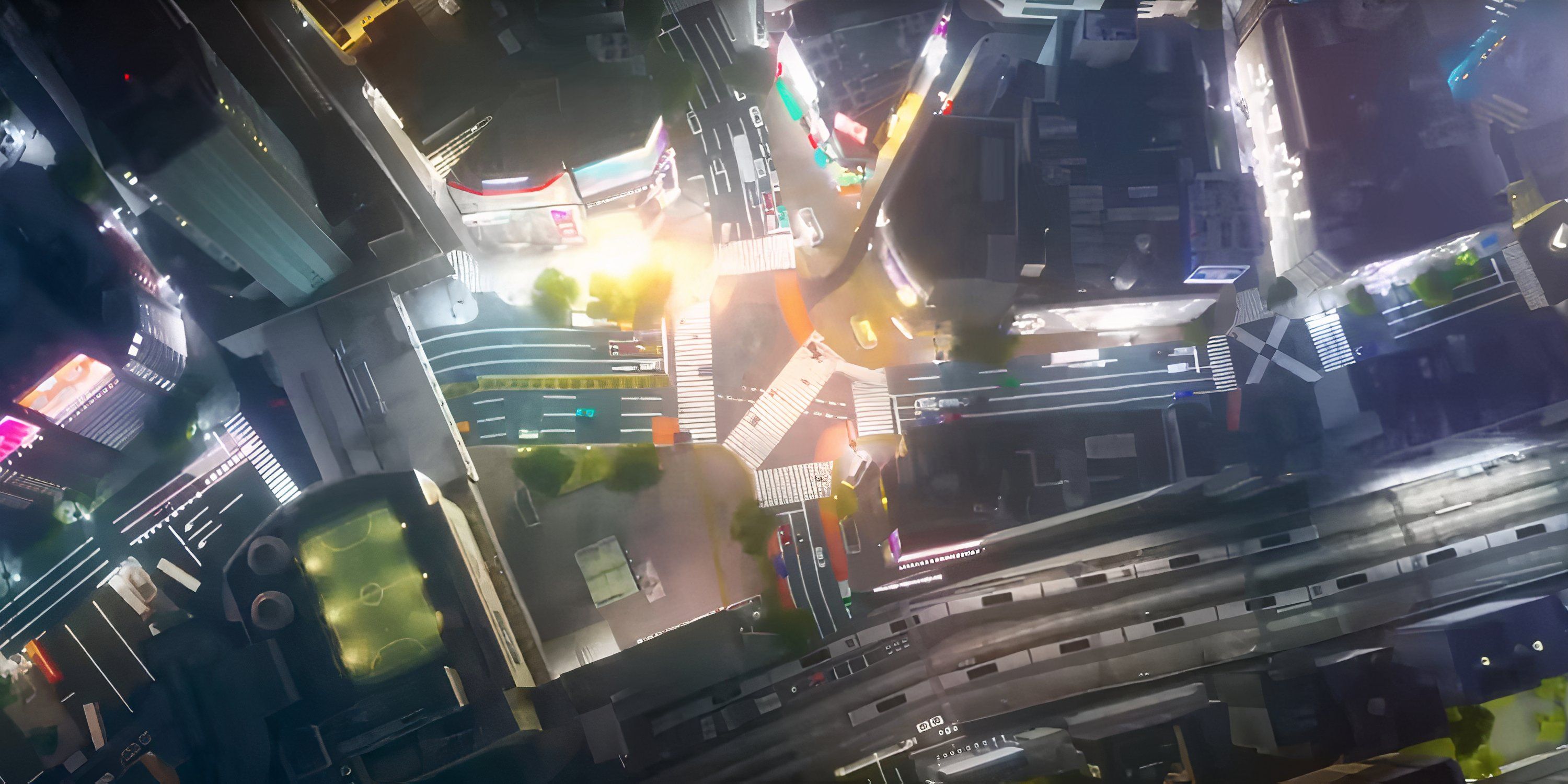


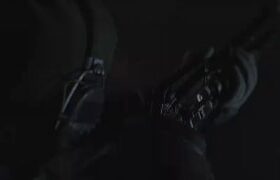
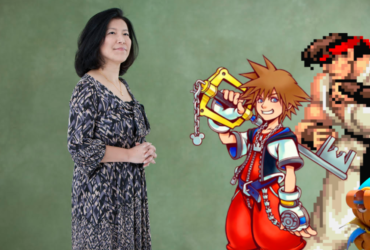

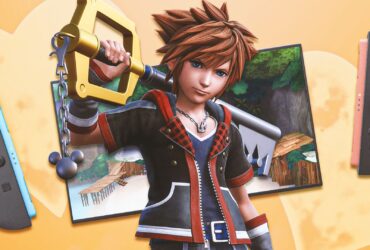



Leave a Reply